Despite the launch of ARKit a year ago, and ARCore this year, a true killer app has not arrived for either platform, that's according to the head honcho for one of the leading development environments for 3D applications.
In an interview at TechCrunch Disrupt on Wednesday, Unity CEO John Riccitiello outlined his view of the current AR and VR landscape as it relates to mainstream adoption.
"I would say, actually, right now, there's probably just shy of a billion devices out there that are ARKit and ARCore compatible. So that means that they can pick up their phone and have an AR-ready device. I would say less than 10% of people even know that capability exists on their phone," said Riccitiello (video at the bottom of this page). "The reason for that is that we haven't yet seen the compelling applications. We will start to see compelling applications, maybe this year, maybe next."
In the near term, Riccitiello believes the first AR hit may come from advertising, which is not shocking considering the seemingly steep adoption curve from promotional experiences through the AR platforms for Snapchat and Facebook.
"Weirdly, it might come through advertising. One of the things that Unity is putting out now, through our advertising platform, is you're playing the game, you get an ad, it can be an AR or VR ad," said Riccitiello. "It all comes into your phone suddenly, and maybe the first time any of you, weirdly you get it through an ad, but it might be the first time you actually use AR on your phone."
Even VR, which has had a considerable head start on shipping devices such as the Oculus Rift and HTC Vive, hasn't broken through, in Riccitiello's estimation, when compared to his experience with gaming consoles from Sony, Microsoft, and Nintendo, which are supported by massive marketing campaigns, the latest processors, and robust content offerings at a price point under $500.
- Don't Miss: Former Apple iPhone Engineer Explains Why He Thinks Augmented Reality Is the Future of Mobile
"All of the analysts are predicting this $100 billion AR and VR market taking off from here, and it's gonna happen in a couple of years," said Riccitiello. "Today, I think most of the AR and VR stuff targeted for the consumer is really in beta format. They're not cheap enough, they don't work well enough, they don't have enough good control systems, you can't see your arms and legs in most of them and use them in an interactive way, there's not a lot of content.
"I know what a platform launch looks like that is designed to conquer the world. I've lived through all of them, from Playstation to Nintendo to Xbox and others. "AR and VR [has], mostly to this day, been launched to developers. I mean, name the content? It's not there yet, I think it will be..."
Based on Riccitiello's comments, it seems he's saying that the AR and VR industry isn't necessarily weak, it's just that the bulk of adoption has come through commercial applications. This is particularly the case, in his view, for engineers and designers working in retail, entertainment, aerospace, architecture, and auto industries, with Microsoft HoloLens joining HTC Vive and Oculus Rift among the devices enterprises are employing for immersive applications.
"What's been fascinating has been watching how fast industry takes this up," said Riccitiello. "And, so, it's not a surprise that, if you will, commercial applications have preceded the consumer applications because, at least in my mind, we haven't seen a consumer launch yet."
Despite the current state of a consumer market, Riccitiello is not concerned, and neither are investors. For instance, the company closed a $400 million round of funding in Oct. 2017.
As it stands, Unity is positioned to capitalize on the consumer AR market due to its current success with game and app development. Riccitiello estimates that 60 to 70% of all virtual and augmented reality experiences are developed with Unity, and more than half of all games "in aggregate." Those estimates include the first blockbuster mobile game to include AR, Pokémon GO.
"Now, we make tools. We don't sell headsets, we don't sell games, we don't sell AR applications," said Riccitiello. "So all the people who are building stuff are using Unity, they are paying us to use Unity. It's working fine for us. It's eventually going to turn into market, so, at least from an investment perspective, it's exactly what we've laid out."
Just updated your iPhone? You'll find new features for Podcasts, News, Books, and TV, as well as important security improvements and fresh wallpapers. Find out what's new and changed on your iPhone with the iOS 17.5 update.
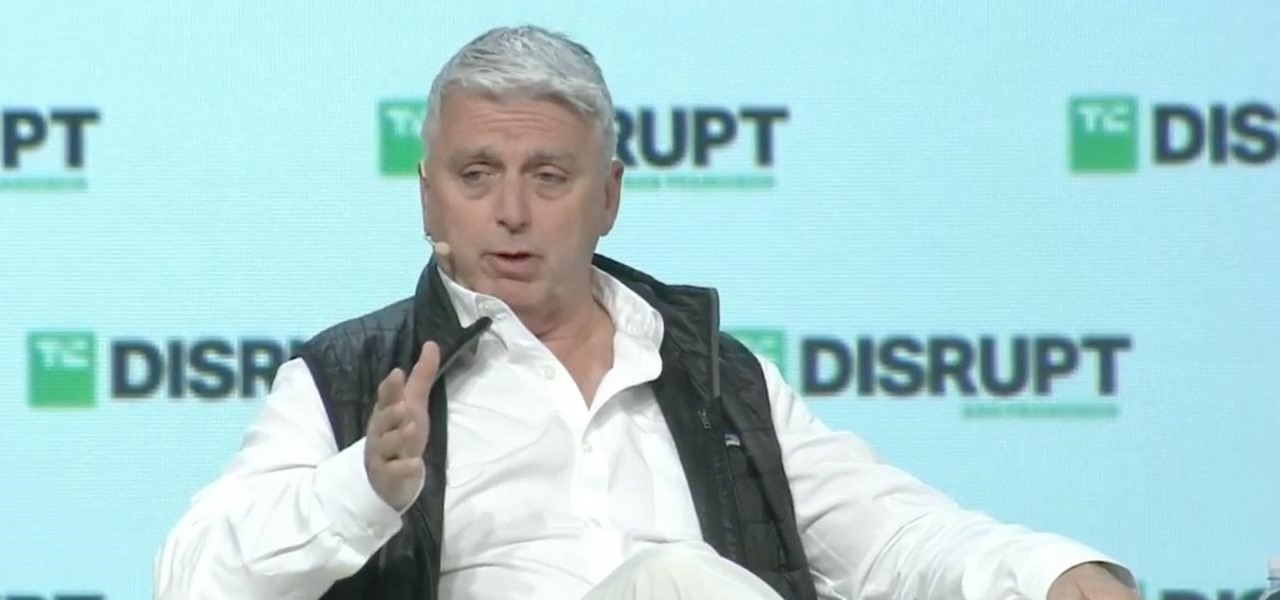


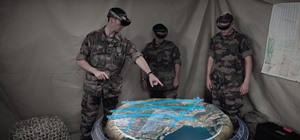
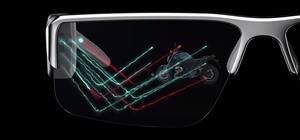

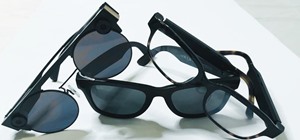





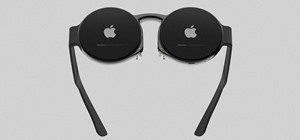




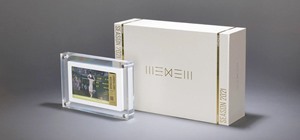

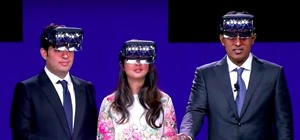


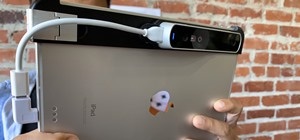
Be the First to Comment
Share Your Thoughts